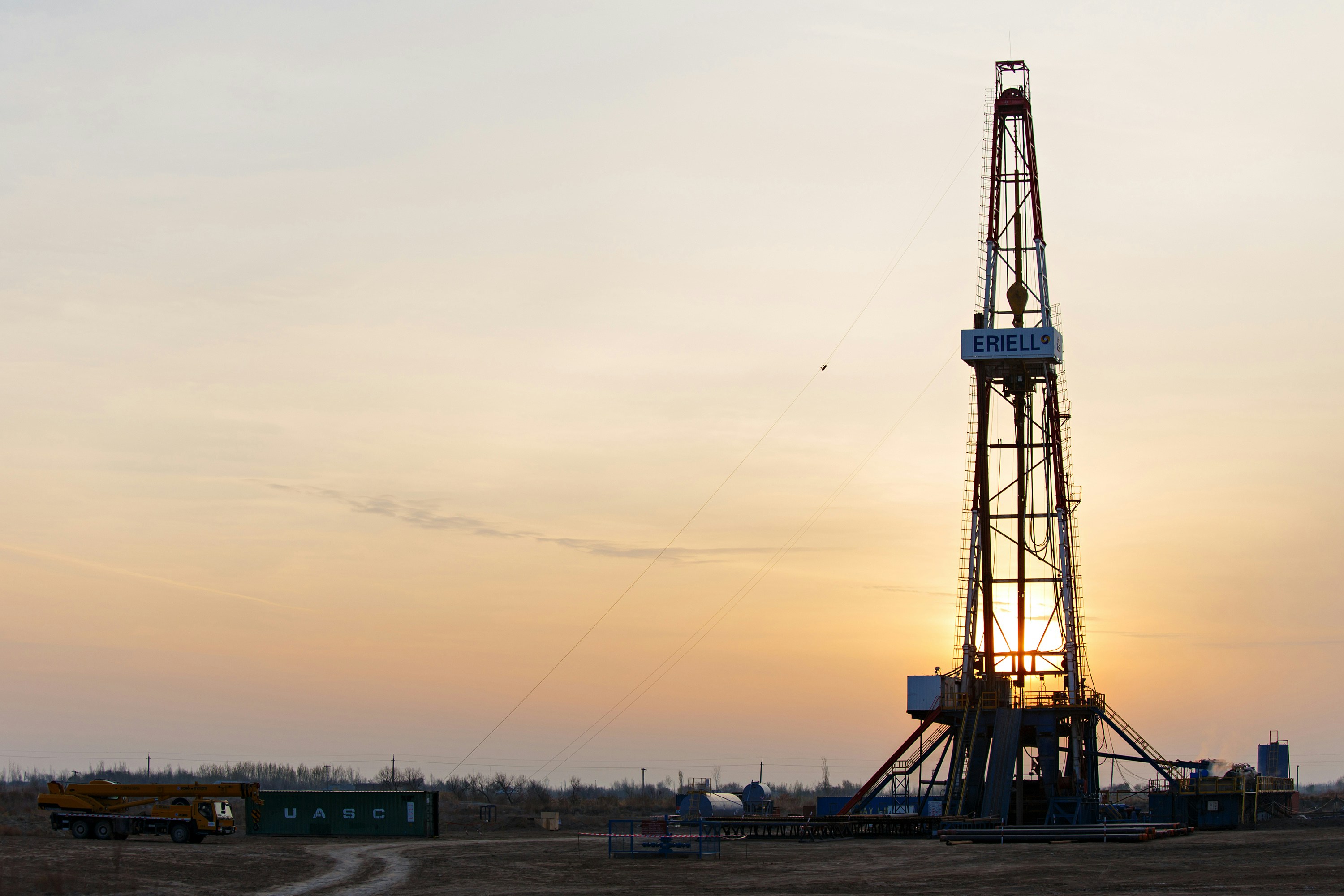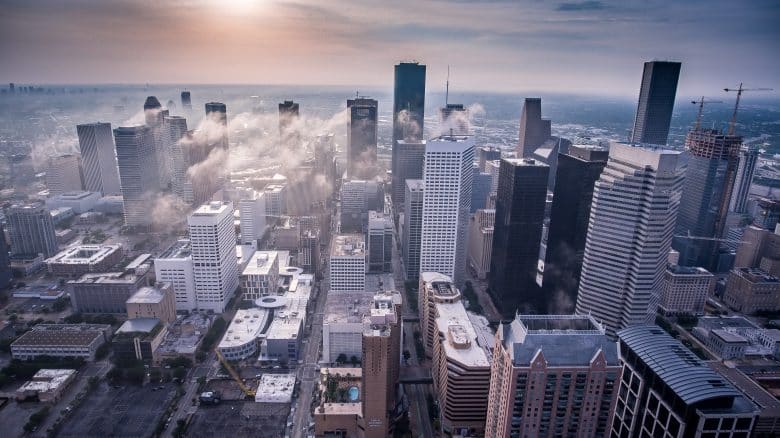The coronavirus disease (COVID-19) affected the lives of many people across the world and shows no signs of abating anytime soon. COVID-19 (also known as SARS-CoV-2) is an infectious disease which is caused by a virus which emerged in China in December 2019. The COVID-19 virus can cause most people to experience mild to moderate respiratory illness and those people tend to recover without requiring special treatment. Older people, and those with underlying medical problems like cardiovascular disease, diabetes, chronic respiratory disease, and cancer, are more likely to develop serious illnesses as a result of contracting the virus.
COVID-19 is transmitted primarily through droplets of saliva or discharge from the nose when an infected person coughs or sneezes. The world economy struggled to find a way to continue to operate as the virus spreads unchecked in many instances. For example, in the United States, household spending dropped, which affected retail sales. Sales declined 8.7 percent from February to March 2020, the largest month-to-month decrease. Many other industries outside of retail were affected by the COVID-19. Here are a few examples of how some industries are faring.
Amusement Parks

Amusement parks were one of the first industries to take a noticeable hit due to the spread of COVID-19. When precautions on how to stop the spread of COVID-19 were relayed to people across the world, one of the many pieces of advice to follow was avoiding gathering around large groups of people. The concern was that the disease would be spread amongst these groups, giving the virus even more opportunity to spread.
Theme parks took an immediate hit when these guidelines were put into place. They were further affected when some states applied mandatory lockdowns on non-essential businesses, which theme parks were included as. Added to this, travel by rail, and air was extremely limited during the peak travel months of March-September when most people would visit these amusement parks. The concern once again was due to how fast and often the virus was spreading.
Most amusement parks have thousands of visitors who occupy the same space every day, which can act as a super spreader environment for the virus. Waterparks were forced to close their doors, due to the concern that people sharing the same pool space could be a potential spreader of the virus. Walt Disney’s theme park division lost approximately $1 billion in the second quarter of 2020 due to COVID-19 effects. Its closest competitor and another great company, Universal Studios, lost approximately $500 million due to COVID-19 related issues.
In addition to this, people were attempting to stay safe by avoiding unnecessary traveling, while also trying to save money in the midst of an economic recession. Families are focusing more on those items which are necessary, as their priorities were adjusted post-COVID-19. For instance, a laid-off mother of two might be investing more in petite dresses to wear to a prospective job interview than a set of tickets to Disneyworld. Theme parks continue to be affected by the pandemic.
Oil & Gas

As more people worked from home, were laid off due to COVID-19, or decided to stop traveling to places due to the pandemic less gas and oil are used. The oil and gas industry tooka hit as a result of the spread of COVID, as the demand for gas and oil dropped significantly. According to the International Energy Agency (IEA), there would be a projected decline in demand of 90,000 barrels of oil in 2020 due to the pandemic. Pre COVID-19, the organization had projected an increase of upwards of 800,000 barrels.
This lack of demand created a worker shortage as fewer employees are needed to do the work if less material is being mined. It also had an effect on how many supplies are needed to mine the material. For instance, in many cases, there may not be a need to order that extra bucket elevator to transport the bulk material needed for gas and oil manufacturing.
When restrictions were placed on the general public for unnecessary traveling, there was a marked decline in how many cars were on the road. The effects are not just being felt in the United States, but also worldwide. The world’s top energy consumer, China, was hit hardest by the pandemic. The price of oil fell steadily, selling for as low as $30 per barrel since March 16, further showing how this industry is affected by the pandemic.
Tourism Industry

The tourism industry is also affected on numerous fronts by the spread of the coronavirus. As mentioned for amusement parks, people are trying to save money and not be subjected to COVID-19. The easiest way to do this is to stay home. The unfortunate part about having to stay home for the tourism industry is that this is an industry that relies on people traveling. People are realizing that you can’t take risks with traveling. They are understanding it’s best to celebrate vacation-worthy events at home, rather than traveling. Whether it’s celebrating the 4th of July at one of the Venterra Realty apartment communities or staying at your house for Thanksgiving, there’s less chance of catching the coronavirus.
Without people traveling, the industry took a massive hit. The COVID-19 outbreak is estimated to cost the tourism industry worldwide approximately $1.2 trillion. People simply don’t want to take the risk of traveling, and possibly contracting the virus. This led to families dismissing vacation plans completely, while those who have already made plans to travel have been forced to cancel reservations with a host of airlines, car rental locations, and hotels.
Other aspects of the tourism industry that are affected by the spread of the virus include the convention and cruise industries. From worldwide attention-grabbing conventions like E3, SXSW, and San Diego Comic-Con to smaller local conventions, the economic impact of such events being closed was felt across the economy. Local economies are affected to the possible tune of over $1.1 billion with these events being closed down due to COVID-19 concerns.
Cruises suffered the same fate as airline travel during the outbreak, as fewer people are apt to travel during the pandemic. Added to this, there were three high profile COVID-19 outbreaks on ships, where the people had tested positive for the virus. The shares of Royal Caribbean, Carnival Corp, and the Norwegian Cruise Line Holdings all dropped over 50% with the spread of the coronavirus. The cruise industry alone brings in approximately $53 billion to the United States economy, further underscoring its importance to the U.S economic landscape.
Film/ Television Production
Hollywood and the film and television sector as a whole were rocked by the spread of COVID-19. Dozens (and the numbers continue to increase) of film and television projects were initially shut down when the virus became widespread, which put people out of work, in addition to changing the production and release schedules for many projects. Movies often have no less than 500 crew members working on set, which includes production assistants, drivers, lighting technicians, camera operators, and more.
According to some reports, Hollywood might take a $20 billion hit as a result of the coronavirus. The industry is trying its best to get to some semblance of normality, taking a host of precautions when going back to set. These include hosting regular COVID-19 testing, making sure individuals wear facemasks on set, and when necessary, enforcing social distancing.













Leave a Reply